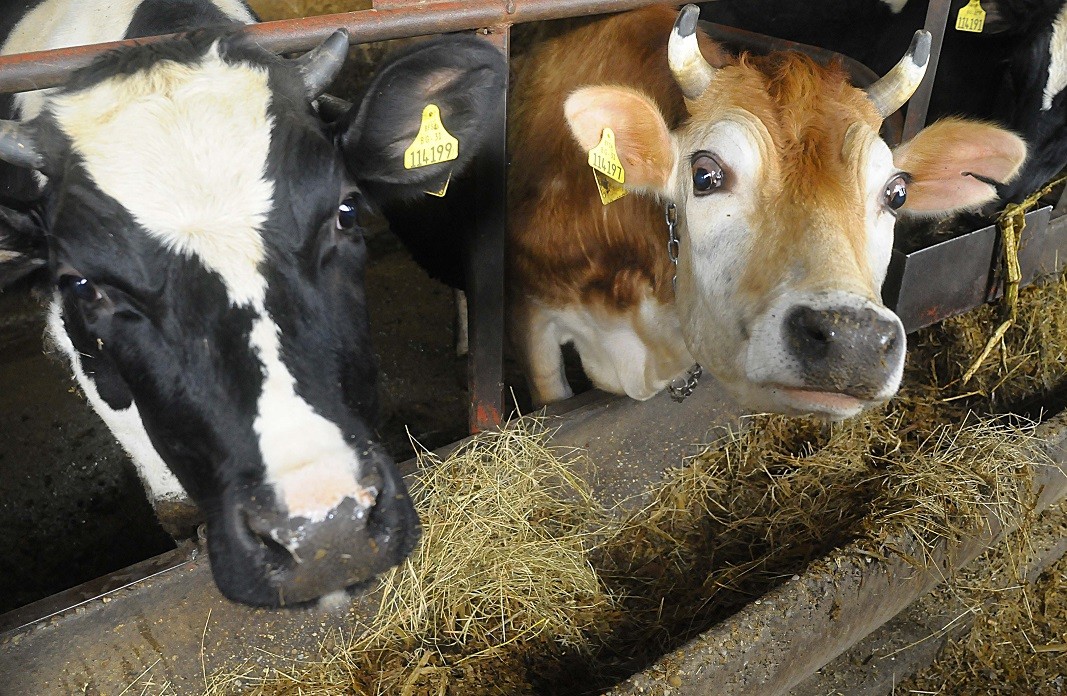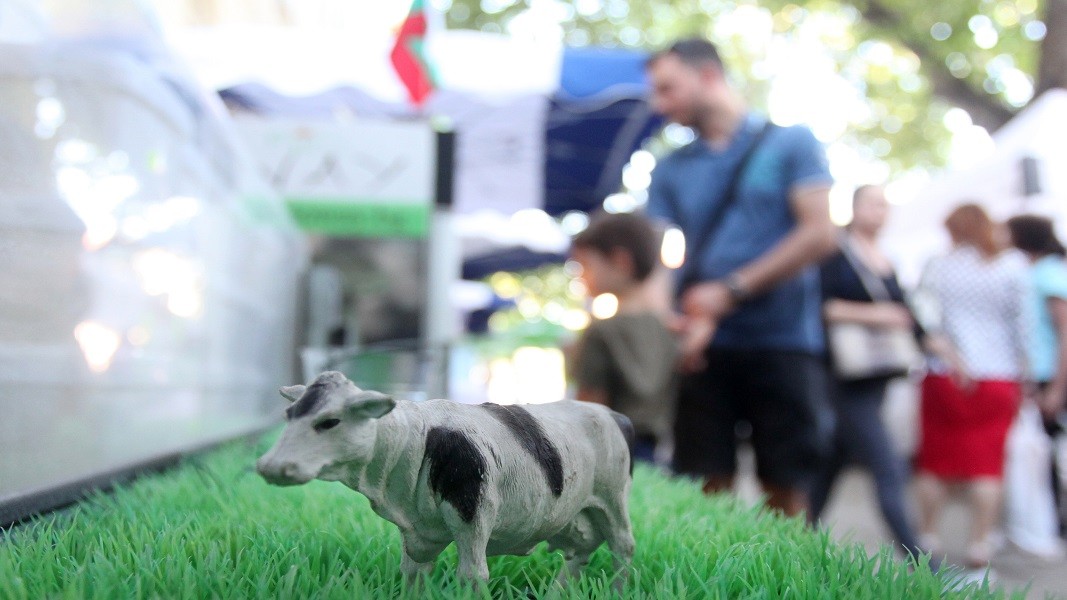The crisis caused by the coronavirus has brought farmers and stock breeders face to face with problems which threaten their very existence. Farmers are finding it more and more difficult to organize the work process in their farms and are plagued with a shortage of funds and of manpower.
In a position statement, the National Association of Young Farmers in Bulgaria draws attention to the problems in the sector, laying emphasis on the fact that recovery after the crisis will likely take years and that that is why cooperation with the state and with businesses is so important.
 “And the worst part of it is that it is still impossible to say what problems we shall be facing,” says Petar Petrov, chairman of the board of the National Association of Young Farmers. “And as financial flows have been disrupted, it is very difficult for farmers, especially young farmers, to be sure they will be able to sell their produce and be able to pay their electricity and water bills, the salaries and social insurance instalments of their workers. It is true that revenues from subsidies are expected at the end of the month, but that is no solution. It would be wrong for a sector to support itself from subsidies, it should be able to stand on its own two feet.”
“And the worst part of it is that it is still impossible to say what problems we shall be facing,” says Petar Petrov, chairman of the board of the National Association of Young Farmers. “And as financial flows have been disrupted, it is very difficult for farmers, especially young farmers, to be sure they will be able to sell their produce and be able to pay their electricity and water bills, the salaries and social insurance instalments of their workers. It is true that revenues from subsidies are expected at the end of the month, but that is no solution. It would be wrong for a sector to support itself from subsidies, it should be able to stand on its own two feet.”
In his farm in the village of Subotkovtsi near Gabrovo, Petar Petrov keeps cows and sheep for dairy products. Before the pandemic he sold his produce to four stores, now he distributes it among fifteen. The price he has to pay – waste of time. “I shouldn’t complain because there are colleagues who are in a much worse position,” he adds.
Shortage of workers is a major challenge farmers face.
“I do not believe workers are to be found in the country anymore, who would want to engage in work with livestock and farming,” Petar Petrov says. “The only solution is to import workers,or for school goers to come here as part of their training or for green schools so as to get them interested in the profession. But that is a question of long-term policy which farmers cannot develop individually. It is up to the state to rethink its vision.”
Another problem producers face are the low purchase prices. Petar Petrov is skeptical that his colleagues, especially in fruit and vegetable growing, will get a fair price for their produce.
“It is not for me to say what the price ought to be, because we have a trade mechanism at work. Yet as long as the practice of allowing the import of fruit and vegetables without documents continues, this is going to happen. It is perfectly clear to all in the sector how produce is imported, how it is re-labelled, and how it is then re-exported as Bulgarian. But the people this depends on have an interest in not doing anything about it and the state turns a blind eye.”

It turns out farmers are not included in the 60/40 support measure under which the state covers the bigger share of salaries and insurance instalments. It is doubtful whether their produce will reach the chain stores – not long ago chain stores were obligated to sell Bulgarian products.
“This measure is not going to work or will be valid only partially when it comes to fruit and vegetables,” Petar Petrov says. “When you go to the supermarket and buy tomatoes you do not specifically look to see where they come from. When you buy cheese you look at the brand. But I couldn’t have produce this week, then not have any next week, then have produce again the week after - trade in these products doesn’t work like that. It is not possible to have a contract only with local stores either - I either have to supply them all or none of them.”

Petar Petrov says that the best kind of help the sector could be given are interest-free credits with a longer grace period. Yet he is optimistic about the future of the sector: “By a bad Bulgarian tradition we shall be saving ourselves following the principle “every man for himself”. The farmer predicts an increase in direct sales and a surge in demand for products produced close to the place where the buyers live.
“I believe that people will start regarding food more responsibly. What matters to them more now is the price, not the quality or the primary products that have gone into its making,” he concludes.
Photos: BGNES and namfb.com
A meeting titled “Mission Water” is taking place today at Burgas State University “Prof. Dr Assen Zlatarov”. The event gathers researchers involved in the European Union’s Mission “Restore Our Ocean and Waters” under the European Commission,..
How to preserve and maintain public trust in media - this is the central topic for participants in the Public Broadcasters International (PBI) 2025 Annual Conference, which is taking place in Sofia. The event, organized..
From today until 28 October, Vidin will transform into a cultural hub to celebrate its patron saint's day - St Dimitar's Day (Dimitrovden). The new festival, “October Arts Days”, features a rich programme combining music, theatre, visual arts, and..
On November 8 in Hall 11 of the National Palace of Culture, Bulgaria’s best masters and artisans will be awarded for the third time. The founder and..
Fertility Europe , the pan-European organization that represents patient associations focused on infertility issues, has announced the start of the 9..
Today, in the Radio Bulgaria studio, we welcomed Helmut Matt – a writer, radio journalist and poet, who has maintained a special connection with Bulgaria..

+359 2 9336 661
